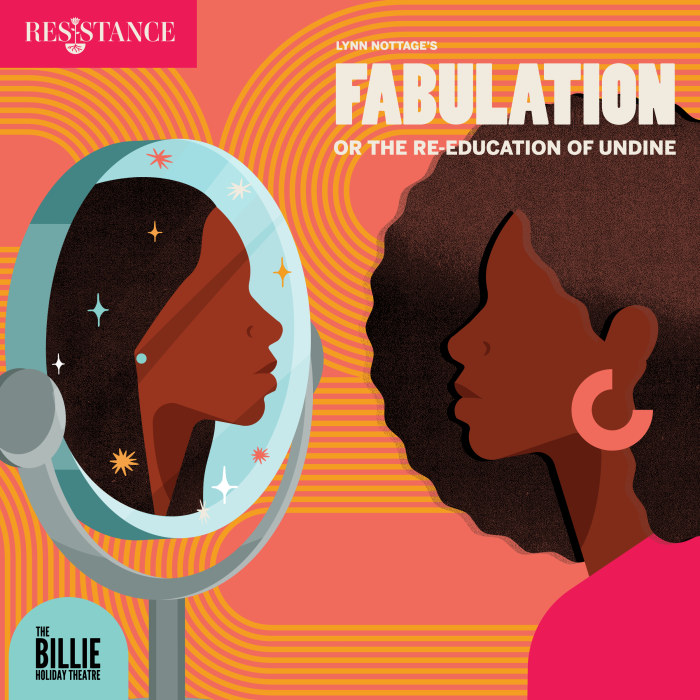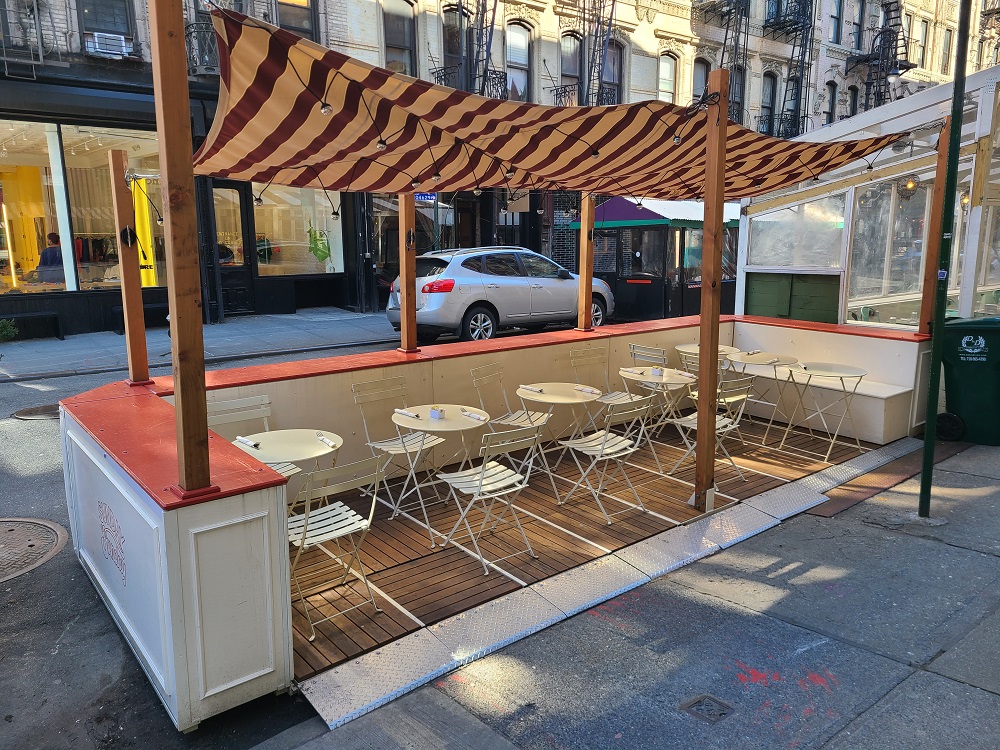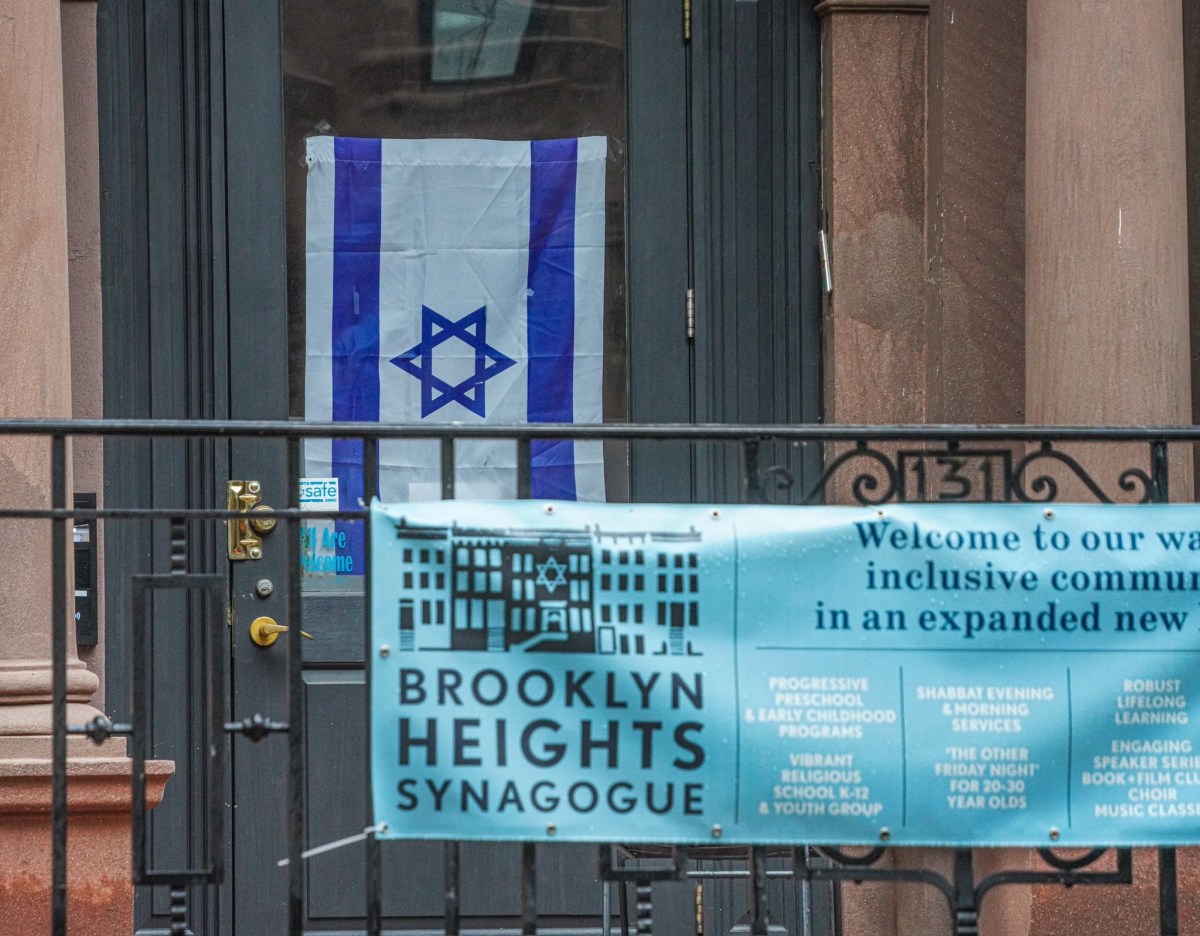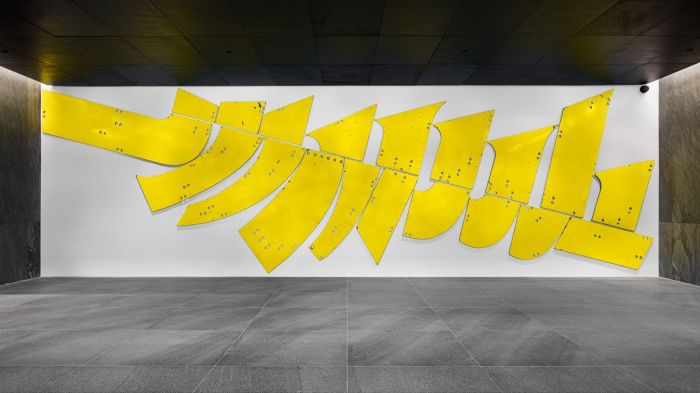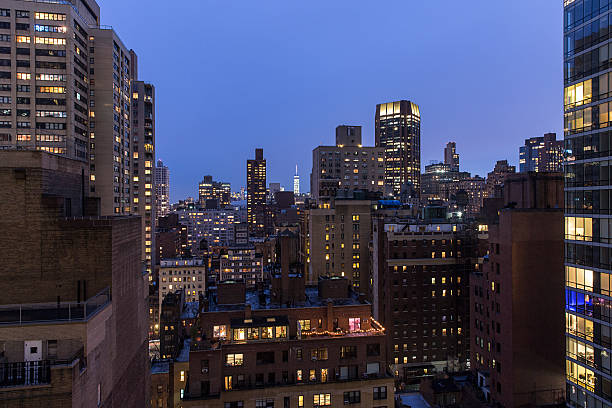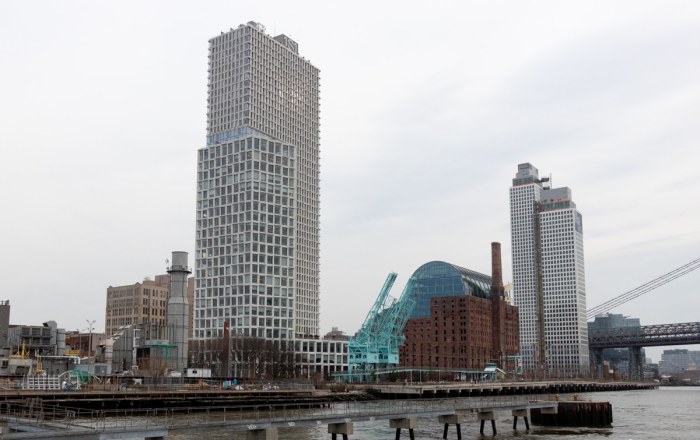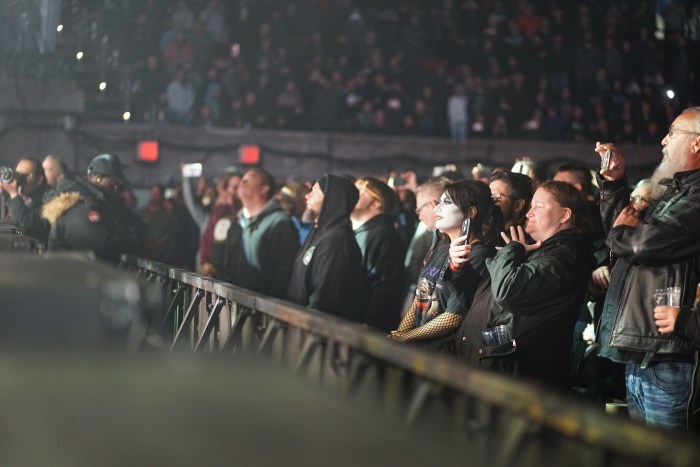Bruce Ratner is a money-grubbing liar who tricked a well-connected businessman into investing $6 million of his own money to help Ratner acquire the New Jersey Nets with promises that he “never had any intention of fulfilling,” a bombshell lawsuit charged last week.
Eugene Greene contributed the hefty sum — and rounded up another $25 million from other investors — to help Ratner buy the Nets in 2004, but now claims that the Atlantic Yards developer reneged on his promises to make Greene “the glue that helps run this team.”
Ratner made “repeated promises and representations of ever-increasing perquisites to Greene,” according to the businessman’s lawsuit, which was filed last week in Manhattan Supreme Court, and seeks $20 million in compensatory damages and $10 million in punitive damages.
Ratner, said Greene, “never had any intention of fulfilling” the promises, which included making Greene a member of the Nets’ Board of Governors, where he could “interact with other high-worth investors … for further and ever-increasing business and financial gain.”
When Greene confronted Ratner with the alleged breach of contract at the end of 2004, Ratner told him, “I don’t remember what I said. As you know, I have a memory problem,” the court papers said.
Forest City Ratner officials did not respond to several requests from The Brooklyn Paper to address Greene’s serious charges. But the company’s outside press spokesman, Joe DePlasco of Dan Klores Communications, told The Brooklyn Paper that Forest City “disagrees with Mr. Greene’s allegations and will fight them.”
Greene also did not wish to comment for this article.
But his court papers speak for themselves: Ratner stiffed Greene out of his fundraising fee, which typically amounts to eight percent of the total amount raised, and he “breached the implied covenant of good faith and fair dealing,” the papers said.
Greene was “shocked at Ratner’s position” given the success of Greene’s fundraising effort, the papers added.
Greene, who describes himself as “a highly experienced and successful businessman and entrepreneur,” sought help from other executives at Ratner’s company, but “those executives admitted to Greene … that he had been ‘f—ed’” by Ratner.
One Ratner executive named in the court papers, FCR General Counsel Sadie Mitnick, told Greene that “she knew how hard he had worked, that he should have been taken care of for all of his efforts … and that Ratner should never have promised him all of the things that he had,” the papers said.
Reached by The Brooklyn Paper, Mitnick said she didn’t want to comment on the suit because she was on vacation. She promised to speak to a reporter next week.
Greene’s court papers paint a decidedly different picture of Bruce Ratner than the one conveyed by Forest City’s official bio (which calls him “the foremost urban real estate developer in the New York metropolitan area” and refers to his service in the Lindsay and Koch administrations before becoming a real-estate developer).
Greene describes Ratner as a man “desperately seeking to raise money” during his quest to buy the Nets in 2003, a man who had no qualms about “[taking] advantage” of Greene’s access to deep-pocketed basketball investors.
By the end of the 17-page court document, the prevailing image of Ratner is one of a money-hungry user who makes promises, yet doesn’t deliver.
Green was “continuously pressured by Ratner … to continue his fundraising efforts,” the document says. Ratner “continuously urged Greene, ‘We need money, money, money. And you need to get it for us!’”
As a result, Greene engaged in “round-the-clock efforts to raise more capital for Ratner.” He expected to be “well compensated for his efforts,” but was not compensated at all, the papers charge.
He put a $20-million pricetag on his direct damages and asked the court to also hit Ratner with a $10-million punitive charge.





